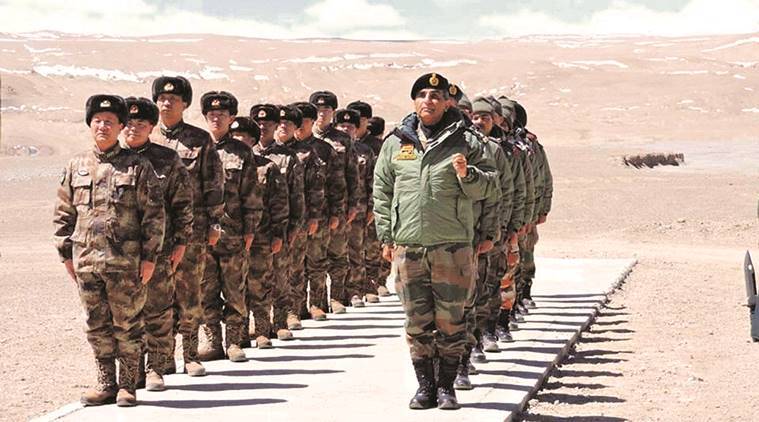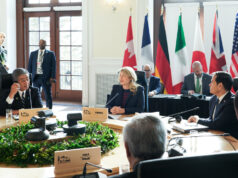Chinese Foreign Minister Begs India Against Taking Unilateral Military Actions On The LAC

Earlier The PLA had miscalculated and had never dreamt of Indian Army going on the offensive and taking the battle into Chinese Occupied Ladakh. However post Galwan, the PLA has had taste of some of its own medicine. They have now seen the offensive capability which the Indian Army can leash if the PLA makes any wrong move. So now their Foreign Minister has started talking about not taking any unilateral action in sensitive, disputed areas along the Indio Tibetan LAC.
He is begging for restrain as last year’s incident was already pulling China-India ties down, Chinese State Councilor and Foreign Minister Wang Yi said at a meeting with Indian External Affairs Minister Subrahmanyam Jaishankar. Though as usual he us calling on firmore negotiations to solve possible incidents. Though he should know that, India is ready for talks but it will not let down its guard. Also unlike previous era, now it has full capacity to take the battle initially into Chinese Occupied Ladhak and later into Chinese Occupied Tibet too.
Wang has urged that the two countries should refrain from taking any unilateral action in sensitive, disputed areas to avoid misunderstanding and misjudgment that can lead to a repeat of what happened last year. We are in full agreement and therefore Wang must address the Chinese CMC and make them aware of this fact.
It is clear that the responsibility of the border issue last year lies totally with China. India is willing to negotiate with China to seek a solution acceptable to both countries, Shri Jaishankar said during a Wednesday meeting on the sidelines of the Shanghai Cooperation Organization foreign ministers’ meeting held in Dushanbe, capital of Tajikistan.
By Now It must have become very clear that border issues will pose further interference in bilateral relations, which is already in a downturn. India will not have business as usual with China, as long as the I do Tibetan and China Tibet border issues remain unresolved.
Prior to the high-level meeting, Indian media The Telegraph brought out news on the border tension, saying “China builds concrete towers with CCTV cameras to watch India” and that the Indian Army has “in a ‘tit for tat’ put up wooden poles fitted with digital cameras to watch Chinese movements.”
However, Now The Chinese have come out that the use of monitoring equipment to ensure the effective implementation of disengagement-related agreements is a consensus reached between China and India. The towers shouldn’t be of any “concern.” After India and China reached an agreement on disengagement, Indian media has been fully on alert and all news about Chinese actions on the LAC is given out to the Indian public.
The two militaries have disengaged in the Galwan Valley and the Pangong Lake areas and the border situation has eased a bit since the meeting between the foreign ministers of the two countries in Moscow in September 2020. But China-India relations are still in bad shape, which is not in the interest of either country.
The essence of China-India relations is how two large neighboring, developing countries view each other, how they can live in harmony, and how they can help each other. Though India is fully aware that China’s strategic judgment on China-India relations remains unchanged and so India has started upgrading its infrastructure along the Himalayas.
The interactions between the two countries should mainly be led by cooperation, mutual benefit, and complementarities with healthy competition, and avoid confrontation.
Jaishankar agreed with Wang on bilateral ties, saying India is willing to work with China to prompt bilateral relationship out of the downturn.




